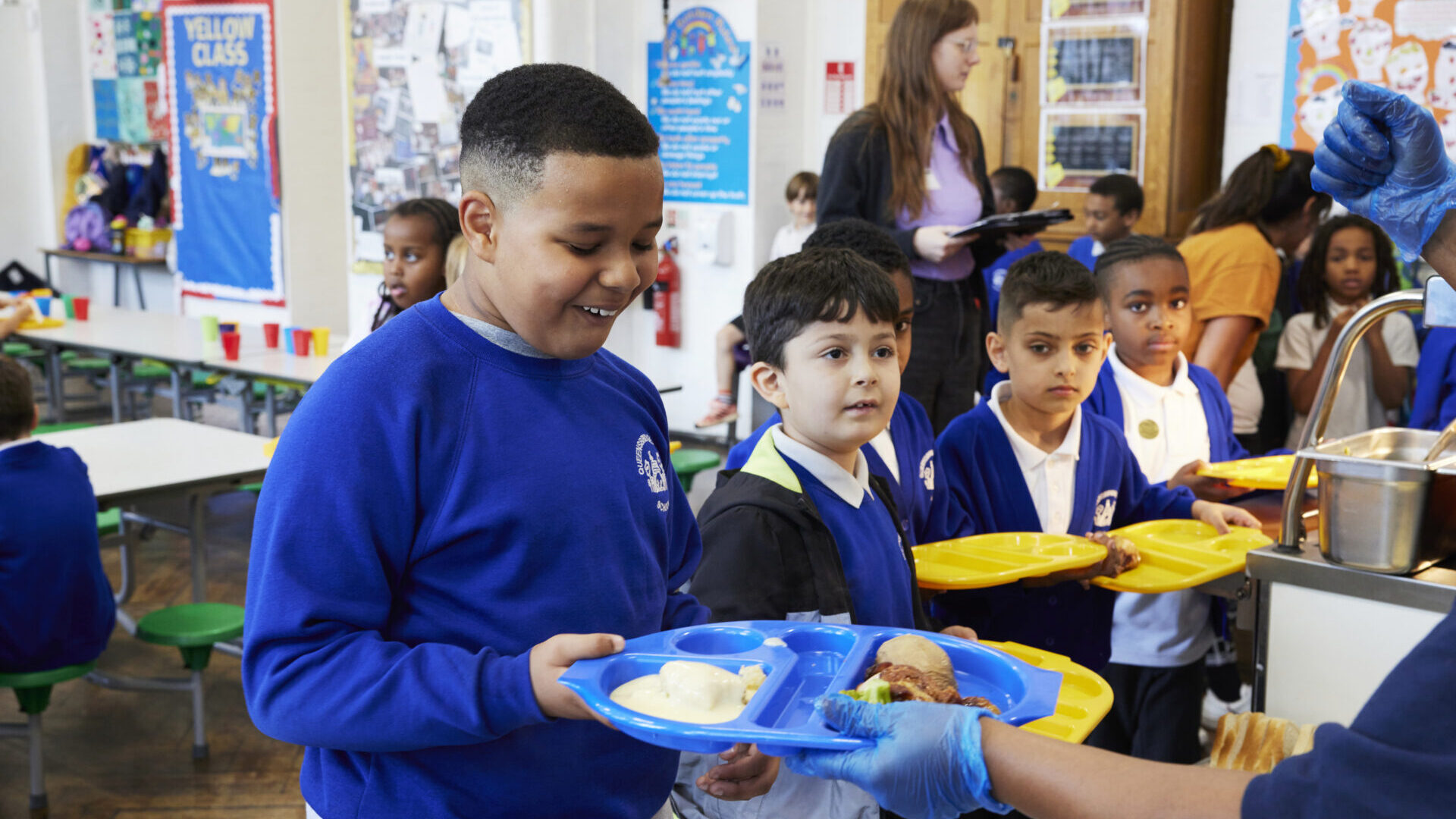Feast on this: other countries across the world are dishing up free food at school for all children with great success. Wales and Scotland have promised to start offering free school meals for all primary school children, as has the London Mayor Sadiq Khan, but the UK as a whole is lagging behind.
This week is the national week of action for the National Education Union’s No Child Left Behind campaign, calling for free school meals for all children in primary school. The UK is one of the wealthiest countries in the world, but millions of children are living in poverty.
Other countries have much more expansive free school meals scheme, which are helping along the way to preventing child hunger. Here are the nations that are making it work:
India
India has the largest school meal scheme in the world. It gives free lunches to children aged between six and 14, meaning that around 125 million children are fed every day. The scheme is improving nutritional health and educational outcomes. Studies have shown their are intergenerational benefits too: mothers who have benefited from the scheme have given birth to fewer short children (which can be a sign of malnutrition).
Sweden
Sweden dishes up hot meals to all students aged seven to 16, and to most up to the age of 19. That is 1.3 million meals a day, or 260 million meals a year. This makes students healthier, and increases their lifetime income by 3%, according to a study from Lund University in Sweden published in The Review of Economic Studies.
Your support changes lives. Find out how you can help us help more people by signing up for a subscription









